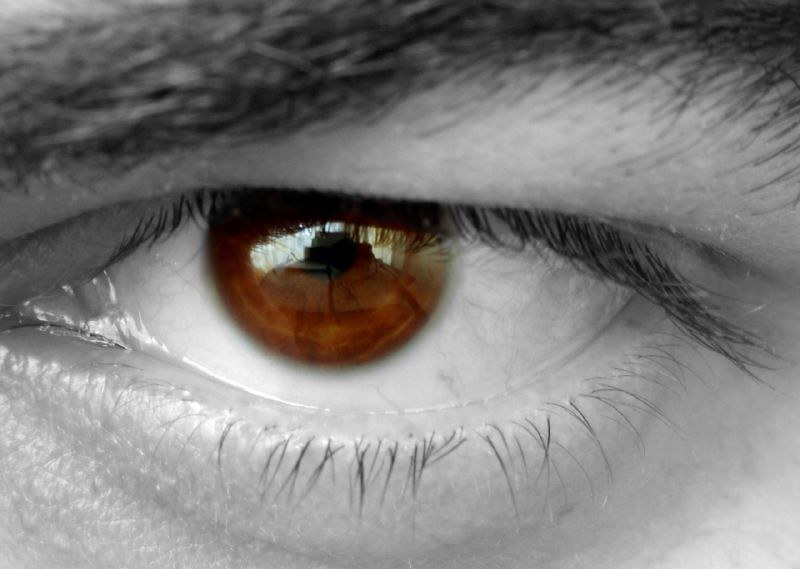
A clinical trial evaluating an Adverum Biotechnologies gene therapy for diabetic macular edema has been upended after a patient developed problems in the treated eye, including a loss of vision.
It’s not yet clear if the complications were caused by the gene therapy, ADVM-022. After the market close on Wednesday, the Redwood City, California-based biotech said the suspected adverse reaction occurred 30 weeks after patients were randomly assigned to one of three arms of the study. Dosing in the Phase 2 study was completed last December. Adverum has notified all clinical trial sites and the FDA about the case, and it has unmasked the study to identify and manage potential risks to other patients as it reviews the data for its gene therapy.
Shares of Adverum, which trade on the Nasdaq under the stock symbol “ADVM,” opened Thursday at $4.11 apiece, down nearly 60% from Wednesday’s closing price.
Diabetic macular edema is a buildup of fluid in a part of the retina called the macula. FDA-approved treatments include the Regeneron Pharmaceuticals drug aflibercept (Eylea), a fusion protein that blocks VEGF, a signaling protein that promotes the growth of new blood vessels. The Regeneron drug is given as an injection into the eye once monthly.
The Adverum gene therapy uses an engineered virus to deliver to eye cells the coding sequence for the aflibercept protein. It’s a one-time treatment that’s meant to enable the eye to sustain production of the therapeutic protein.

A Deep-dive Into Specialty Pharma
A specialty drug is a class of prescription medications used to treat complex, chronic or rare medical conditions. Although this classification was originally intended to define the treatment of rare, also termed “orphan” diseases, affecting fewer than 200,000 people in the US, more recently, specialty drugs have emerged as the cornerstone of treatment for chronic and complex diseases such as cancer, autoimmune conditions, diabetes, hepatitis C, and HIV/AIDS.
Adverum was evaluating ADVM-022 in a double-masked Phase 2 clinical trial designed to compare a high dose and a low dose of the gene therapy to aflibercept as a treatment for both diabetic retinopathy and diabetic macular edema. The study enrolled 36 patients randomly assigned to receive one of the two gene therapy doses or a dose of aflibercept. The patient who experienced the complications received the high dose of Adverum’s gene therapy. In addition to the vision loss, Adverum said the patient developed low intraocular pressure and inflammation in the treated eye.
Though gene therapy offers the potential for a long-lasting treatment, perhaps even a cure, these treatments come with risks associated with the engineered virus used to deliver the genetic cargo to cells. Cancer can arise if that genetic payload is inserted into or near a gene that causes the growth of cancer cells. These viral vectors can also trigger an immune response.
Adverum is the latest gene therapy developer to see its clinical development work stall on reports of patient complications. In February, the FDA placed a clinical hold on tests of bluebird bio’s gene therapy for two rare blood disorders after reports that two patients in the studies developed cancer. An independent analysis conducted for the Cambridge, Massachusetts-based biotech concluded that the gene therapy was highly unlikely to be the cause of the cancers, but the company is still awaiting the FDA’s clearance to resume the studies.
A clinical trial testing an Audentes Therapeutics gene therapy for a rare neuromuscular disease was placed on hold last year following reports of patient deaths in the study. The FDA lifted that clinical hold in late December. The FDA placed clinical holds on gene therapy studies for Voyager Therapeutics and uniQure in the fourth quarter of last year. The uniQure Phase 3 test evaluating a gene therapy for hemophilia B was just given the clearance to resume this week, as was a Voyager Therapeutics study in Huntington’s disease.
Photo by Flickr user Remus Pereni via a Creative Commons license












